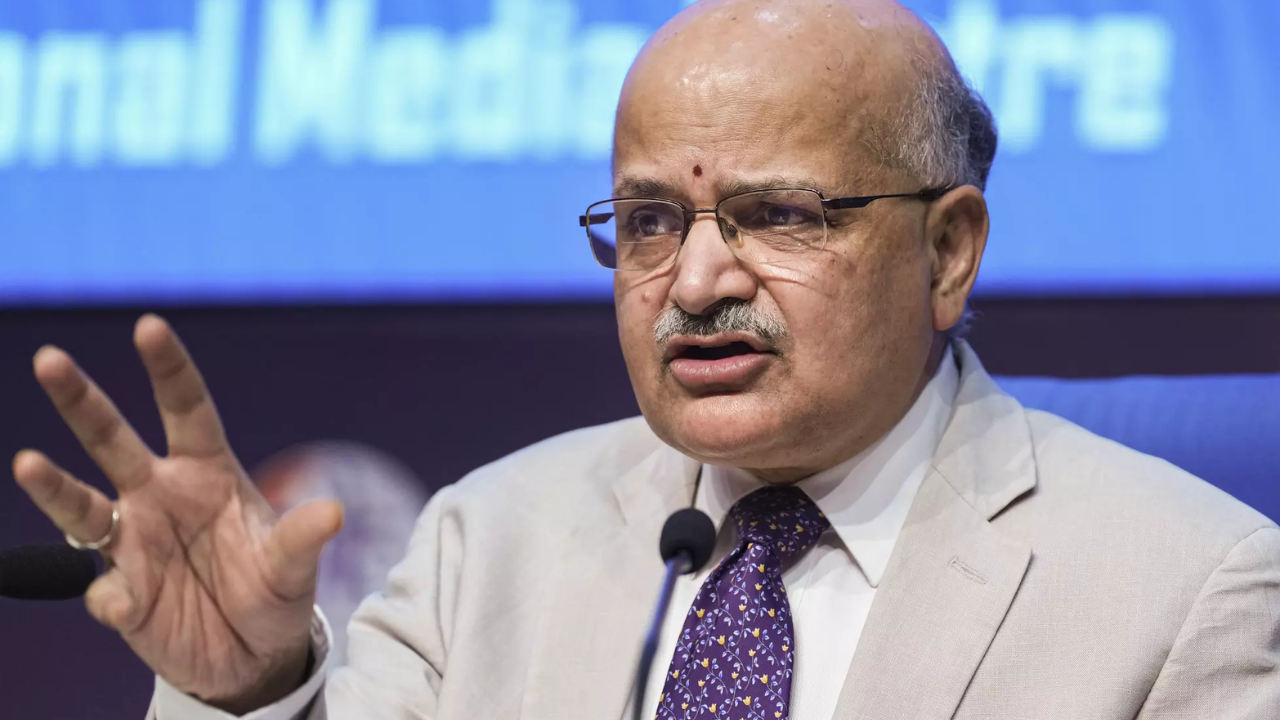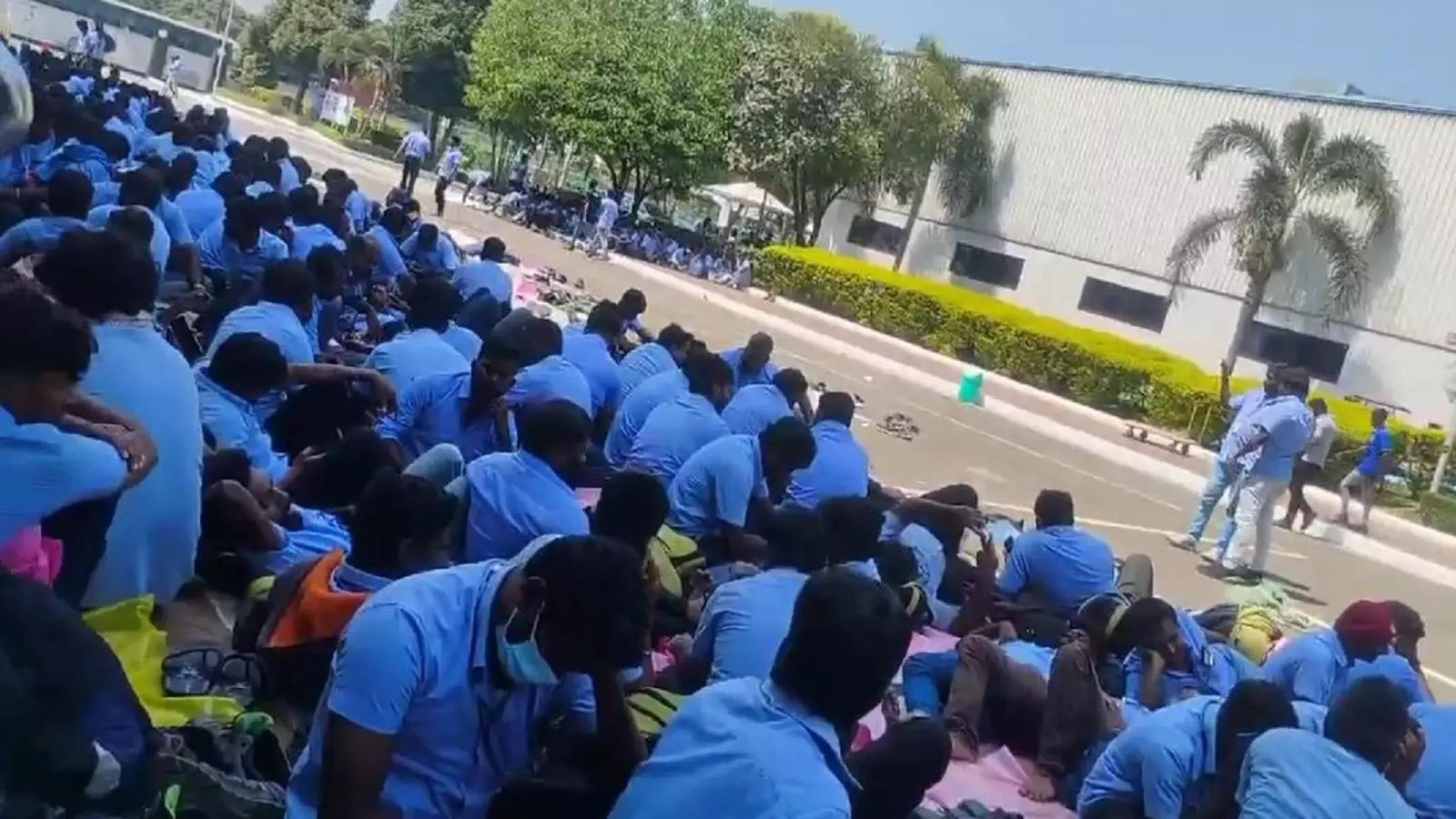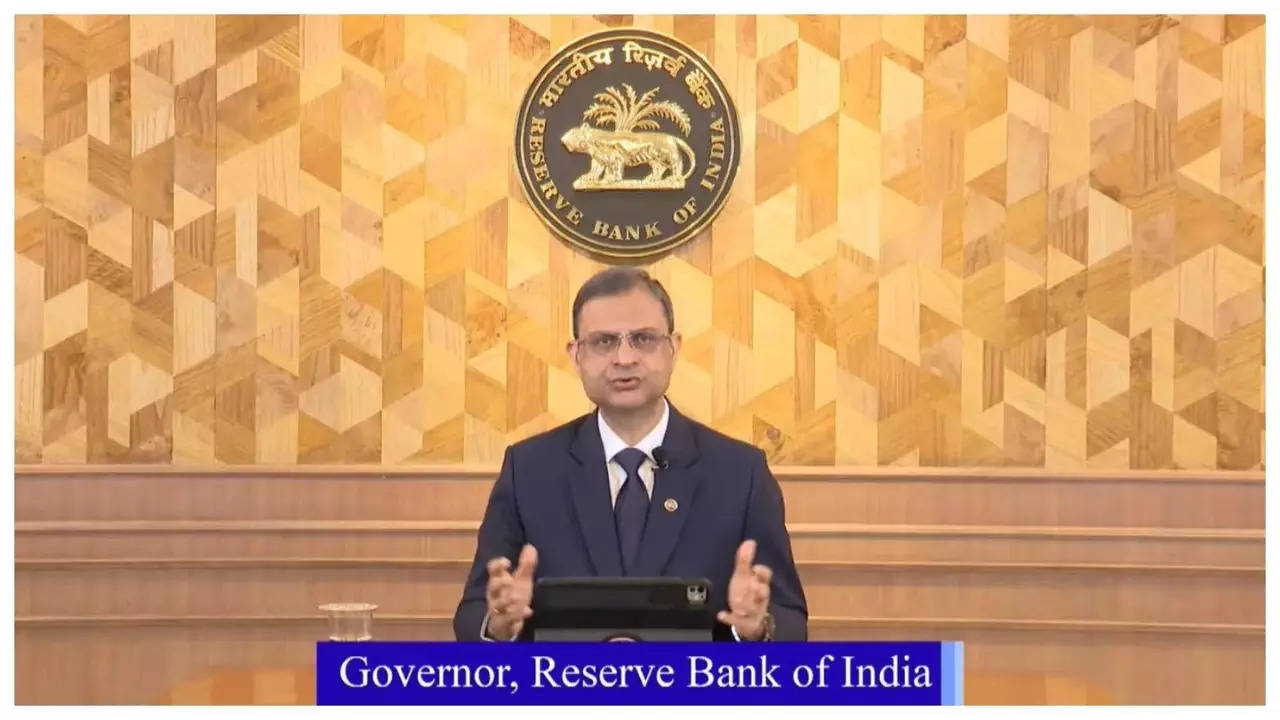Holocaust! After holocaust! After holocaust!

Join our WhatsApp Community to receive travel deals, free stays, and special offers!
- Join Now -
Join our WhatsApp Community to receive travel deals, free stays, and special offers!
- Join Now -

This is the text of a speech at the Palestine Project Round Table at the University of Iceland on November 11.
The Hebrew word “olah”, meaning “a burnt sacrifice offered whole to God”, is translated into Koine Greek as holokauston: holos meaning “completely burnt” and kaustos meaning “sacrificial offering” – thus, “a burnt sacrifice offered to a god”.
The English word “holocaust”, therefore, evolves the meaning “a sacrifice consumed by fire” to “a thorough destruction or slaughter on a mass scale involving extensive loss of life especially through fire”. In recent years, the term, through its selective usage, has come to be wholly and singularly associated with one holocaust, that of the Jewish people during World War II.
But the Hebrew word for this genocide is “Shoah”, meaning “catastrophe” – which is also the meaning of the Arabic word “Nakba”. Perhaps I need not belabour the similarities between these catastrophes. A picture, they say, is worth a thousand words, and I know I could make my point much faster and more powerfully if I accompanied this speech with a set of images to illustrate it.
For many many reasons, I will not do that, but for anyone who has seen them, I imagine that those images coming out of Palestine are etched on...
What's Your Reaction?
 Like
0
Like
0
 Dislike
0
Dislike
0
 Love
0
Love
0
 Funny
0
Funny
0
 Angry
0
Angry
0
 Sad
0
Sad
0
 Wow
0
Wow
0



















































